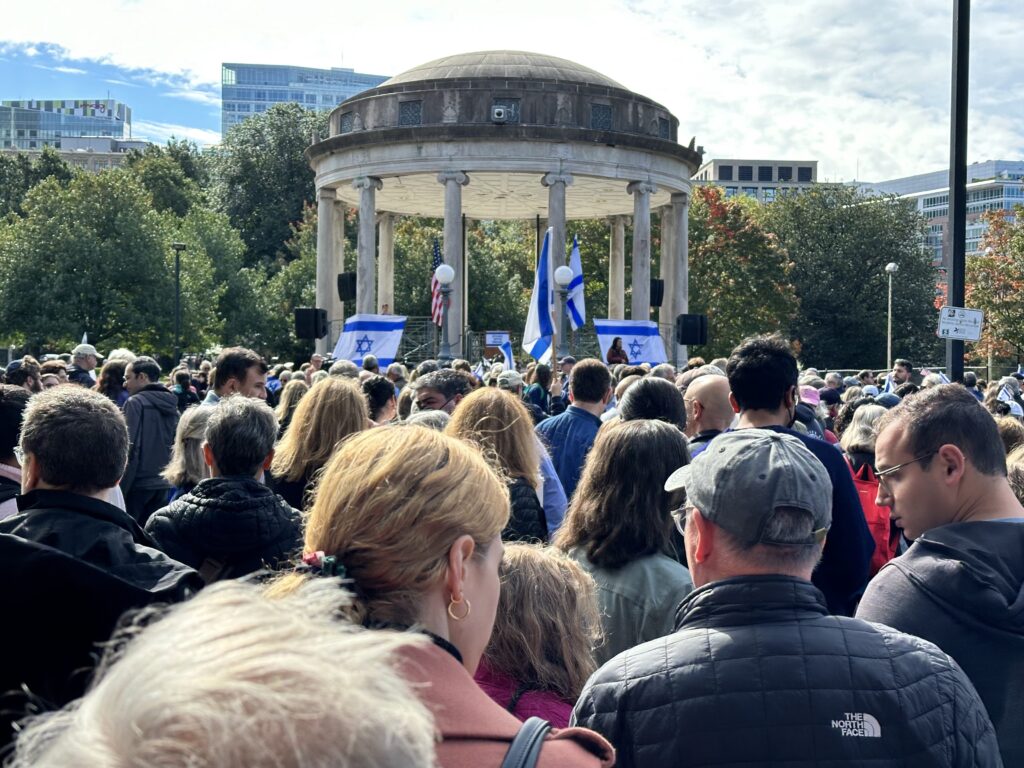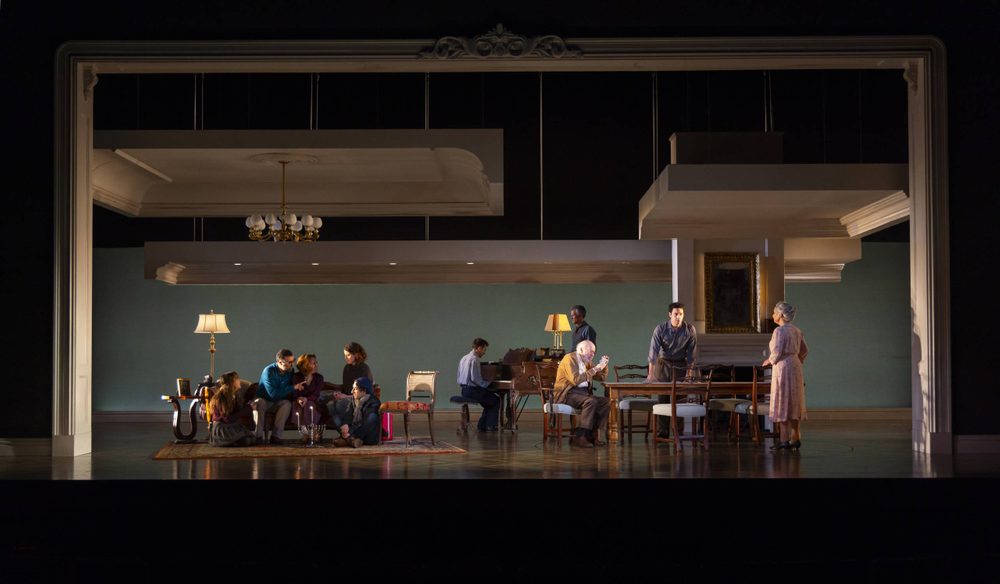By Rich Tenorio
In the wake of the Oct. 7, 2023, Hamas terror attacks against Israel and subsequent Israeli response, tensions have become inflamed in the U.S., including Greater Boston. For members of the Jewish community who wish to attend public events—whether a pro-Israel rally or Shabbat services at synagogue—there are safety considerations to take into account.
That’s according to Jeremy Yamin, vice president of security and operations at Combined Jewish Philanthropies of Greater Boston, who heads the Communal Security Initiative. In a Zoom interview, Yamin detailed best practices that Jews and allies can follow at public events.
Before going
Ask organizers if there will be security, and if so, what type of security will there be?
Think about what kind of event you’re attending. Is it small- or large-scale, indoors or outdoors?
Going to/from

Scan the environs, taking note of whether there is a police or security presence, where you can hide and where you can make an exit.
Think about your attire, including visual representations of Jewishness, such as a kippah, and whether you feel comfortable displaying it on the way to or from an event in addition to at the event itself. “I don’t feel we should be hiding ourselves in any way,” Yamin explains, “but it’s OK if I have concerns about my appearance … [going] to and from might be different from what I wear at a march.” And if you’re concerned about being photographed or filmed on video, a facemask could be useful, Yamin says.
At the event

Keep an eye out for signs of unusual activity, such as a backpack left unattended. If you see something out of place, don’t approach it head-on, but alert someone. If you feel unsafe, you can leave at any time.
If there are counter-protestors, ignore them and avoid confrontations. “If you’re at a rally, terrific,” Yamin says. “If there’s a counter-protest, it’s not the time to engage in a debate where you can change someone’s mind, there’s civil discourse, you agree to disagree. They want to disrupt; they’re looking for [this] to escalate in a short moment, record us, get us to overreact.”
Stay alert at all times. This means not looking down at your smartphone, or rushing straight into a building if you’re running late and looking to make a minyan.
Virtual events

Consider what personal information you’d like attendees to see on-screen. This includes your full name, first and last.
Think about what you’d like to disclose if there are introductions. You don’t have to share your name or location.
It’s up to you about whether or not to turn on your camera.
Good news – with caveats
“There is no imminent known credible threat to the Jewish community in Boston, Greater Boston or Massachusetts, nothing that is imminent or credible,” Yamin says. “That said, the concern is, people can act on their own, without any notification. They’re not going to transmit all the time, ‘Hey, I’m planning to do this, that or the other thing tomorrow.’ They’re not necessarily going to tell ahead of time.”
“We’re constantly communicating with federal, state and local law enforcement and the ADL,” Yamin adds. “The current situation in Israel, U.S. politics and social media have created antisemitic tensions that can fuel incidents with little or no advance warning. So, preparation is key.”
Rich Tenorio covers antisemitism news for JewishBoston.com. His work has appeared in international, national, regional and local media outlets. He is a graduate of Harvard College and the Columbia University Graduate School of Journalism. He is also a cartoonist. Email him at richt@cjp.org.




